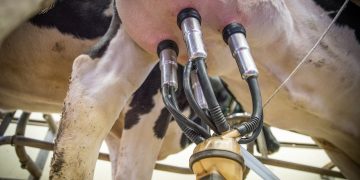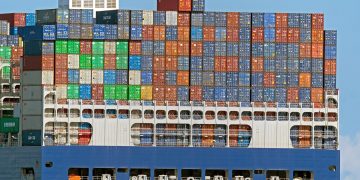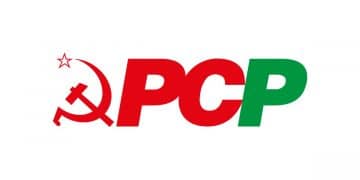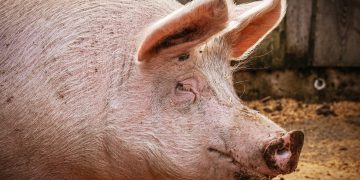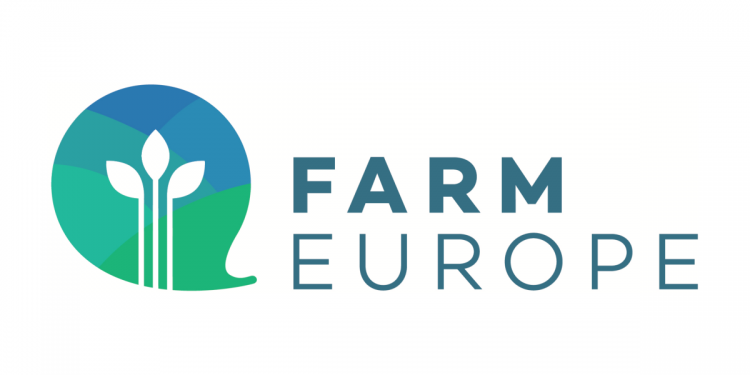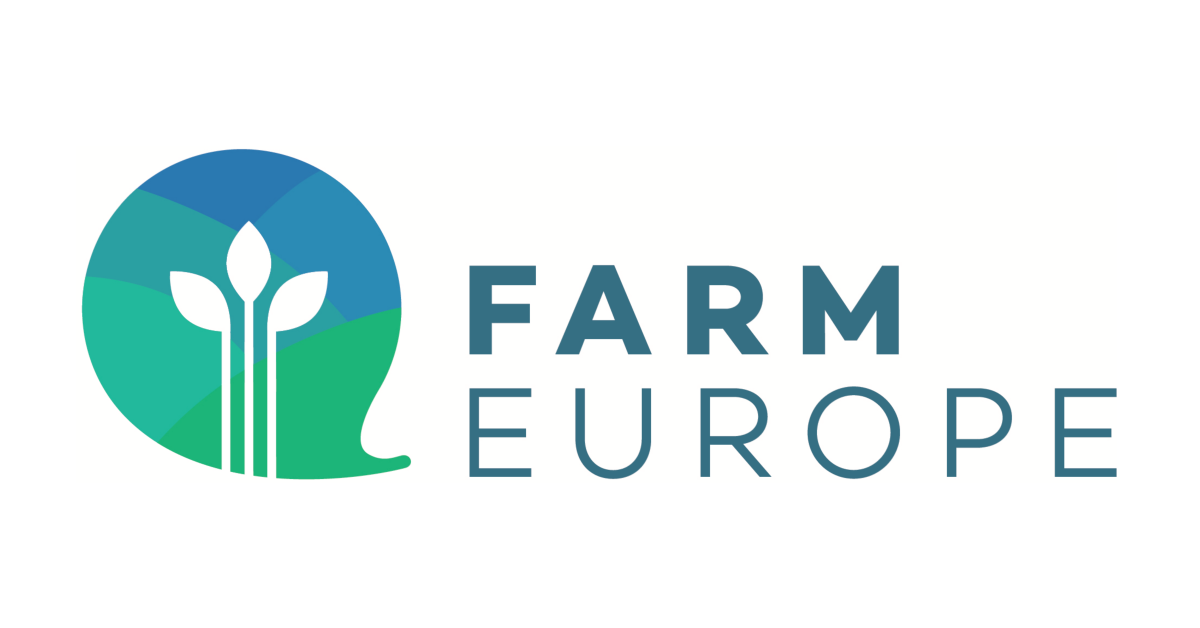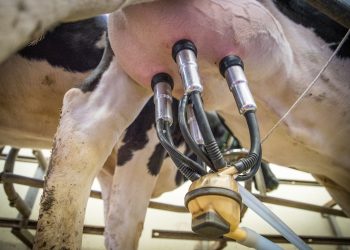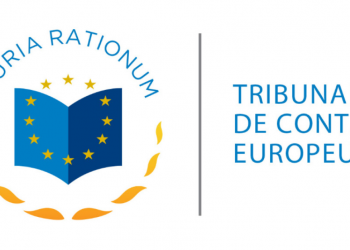The US and the UK announced yesterday that they had concluded a trade deal.
Little is known about its nitty gritty, the announcements provide only some general remarks and few details. More negotiation is needed before a full-fledged trade deal is reached.
Having said that there are already a few specifics, in particular on agriculture trade.
According to the US “This trade deal will significantly expand U.S. market access in the UK, creating a $5 billion opportunity for new exports for U.S. farmers, ranchers, and producers.
This includes more than $700 million in ethanol exports and $250 million in other agricultural products, like beef.”
From the UK side we know there was agreement to zero tariffs on ethanol, and beef for a limited 13 000 tonnes quota. There are no specifics on other agriculture products, although one could expect most tariff lines to become tariff free. The UK was also careful to point out that she will keep her SPS standards, meaning that only hormone free beef and non-chlorine treated poultry will be allowed. By so doing the UK also avoids problems in her FTA with the EU.
Thus, from what we know so far only a very limited impact is expected on beef and poultry exports. The impact on the UK ethanol market will however be much larger. And there is a big question mark on what will happen to trade in pork, dairy, wine and spirits, fruit juices, cereals, and other products, although as said above the expectation is that trade will mostly be tariff free.
From what is known we can draw some additional relevant points:
- The UK for the first time after Brexit has stricken meaningful trade deals with big partners: India, followed in the same week by the US; it should be recalled that it was the US under the two previous administrations that blocked any progress on a trade deal with the UK; therefore for the first time after Brexit the EU will be facing additional competition in the UK market;
- The 10% across the board US new tariff stays on, the UK does not apply any reciprocal tariff; the willingness of the US to stick to the new 10% basic tariff on the deals to come seems confirmed;
- The deal is blatantly outside basic WTO rules; the concessions made by both sides are bilateral only; the deal is not a free-trade deal as the US keeps her basic new 10% tariff; thus, the deal violates the basic Most Favoured Nation principle, which stipulates that outside a legitimate FTA any tariff and other concessions should be extended to all WTO members.
We are therefore witnessing the beginning of the unravelling of the WTO framework in trade between major players. The expectation is that if the US manages to strike more deals with other major players as announced, the unravelling will get wider. Will we be left with two types of trade deals co-existing, one WTO compliant as the EU is adamant to safeguard, and the other tailored by bilateral negotiations? Will the WTO survive? Or much less likely as the US does not seem interested, is a WTO profound reform the way out to keep shared world trade rules?
O artigo foi publicado originalmente em Farm Europe.


